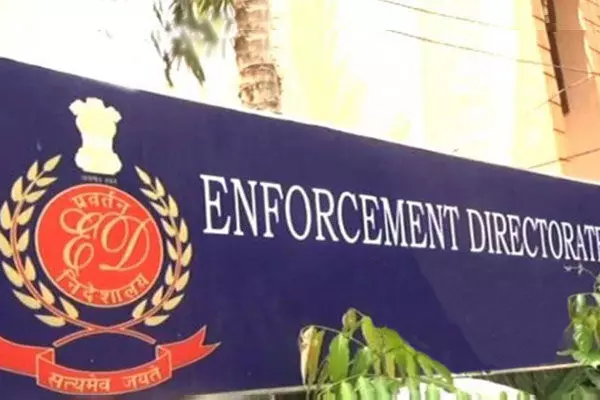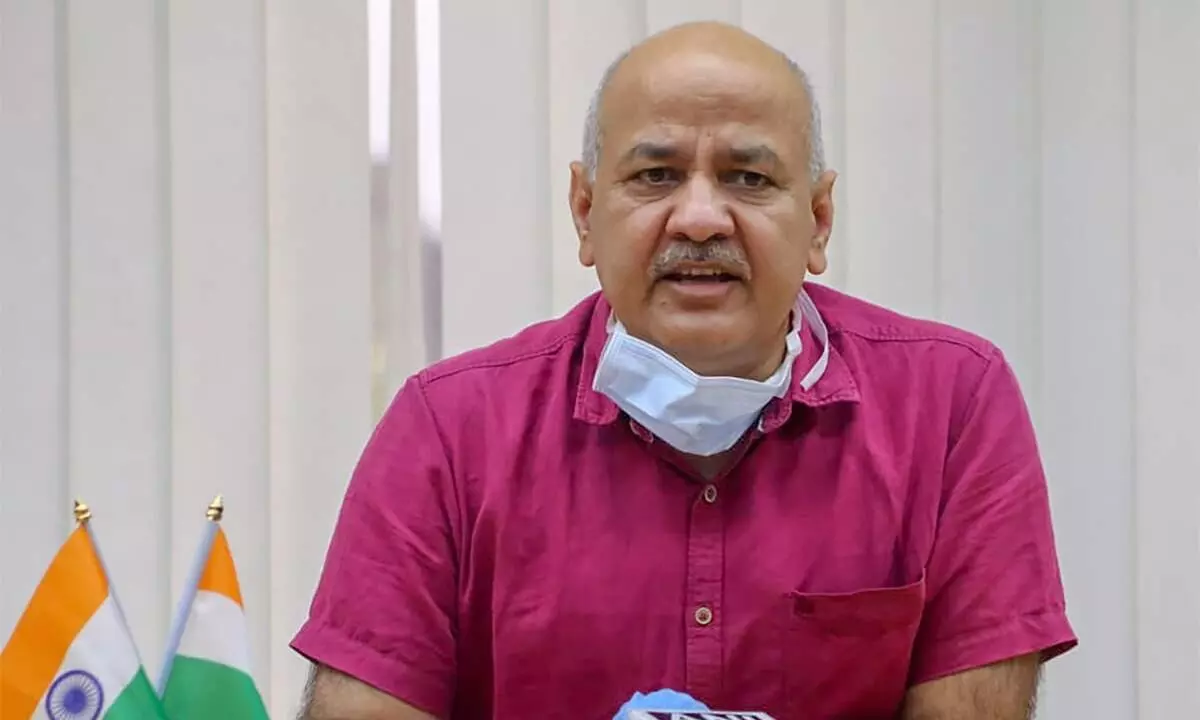
Court caution to ED about 'atmosphere of fear'
text_fieldsThe Supreme Court made some relevant observations on the Enforcement Directorate (ED), a central investigative agency, on Tuesday. While considering a plea by the Chhattisgarh government, the Supreme Court warned the central agency against creating an atmosphere of fear. The apex Court made this serious remark after hearing complaints that a number of state excise department officers had been summoned for interrogation as part of an investigation into charges of corruption in an alleged state-wide liquor syndicate scheme. Additionally, they threatened several employees to force them to implicate Chief Minister Bhupesh Baghel in the liquor irregularities case. There is a complaint that even the family members of many of the 51 officials who were questioned were threatened and were forced to mention Chief Minister Bhupesh Baghel's name. The bench noted that even if there has been a crime, the method of the investigation will give the impression that the ED was not treating the case fairly, which should not be the case.
Chhattisgarh is a Congress-ruled state. The allegation here is that the central government is thus misusing the ED to bring down the administration there. Currently, there are several reports of attempts to book or harass ministers and lawmakers from non-BJP ruled states in connection with various cases. There are also instances where the actions of investigative agencies are decided by the political leanings of the states. In Maharashtra, when NCP MLA Ajit Pawar joined the Devendra Fadnavis cabinet after Shiv Sena broke its alliance with BJP, the Anti-Corruption Bureau withdrew all nine cases against him. The law empowers the ED to summon, arrest and confiscate the assets of the accused during the investigation phase in cases of money laundering, foreign exchange violations and absconding. In Chhattisgarh itself, the chief issue is the corruption in the liquor trade, but the ED stepped in to investigate violations of the law in regard to money laundering. The usual argument raised here is that the accused will have an opportunity to prove their innocence in court. But, as is commonly known today, the legal process itself is often a major punishment. With a heavy burden of lengthy legal battles apart from jail terms, and mental and physical torture, the legal process itself becomes the punishment, sometimes even harsher than the actual punishment after conviction. It is in this context that the court cautioned the ED somewhat seriously.
Even if it is claimed that ED is an autonomous organisation and that the government has no control over how it operates, some facts must be taken into consideration. Sanjay Kumar Mishra, the current head of the ED, will soon have served for 5 years since the Centre renewed his contract after two years. In a 2021 case, the Supreme Court approved the two-year extension of his appointment. However, in a public interest petition related to this, the court said that the judgment of 2021 has to be reconsidered and the case has been reserved for judgement. Meanwhile, the court recorded the Centre's assurance that Mishra's term, which ends in November, will not be further extended. There is a factor in how much an officer is swayed by the political interests of the Centre. The fact is that there is a situation where ED is being used as a tool for political gains. And that is the core of the opposition allegation. The Prevention of Money Laundering Act (PMLA) gives ED wide powers to conduct investigations outside of those conducted by the police. When there are numerous accusations of corruption in the political sphere, the ED enters the scene, raises the issue of black money, sets up a smokescreen, and harasses the individuals. It is pointless for BJP sources to claim that all of these are just legal actions. Then the question arises how it would apply to only opposition leaders and their supporters. There must be BJP leaders also being accused of wrongdoing and having questionable ties. Whether the agencies follow law and justice in this matter or show political bias is directly visible to the public and to the courts. The court has now acknowledged the issue but has stopped with making verbal remarks. If the agencies can take in its message, that will be a relief. If not, the judiciary should intervene to stop such unethical inclinations. And in the absence of that, it will be a sad day for our system when justice will take a holiday.

























